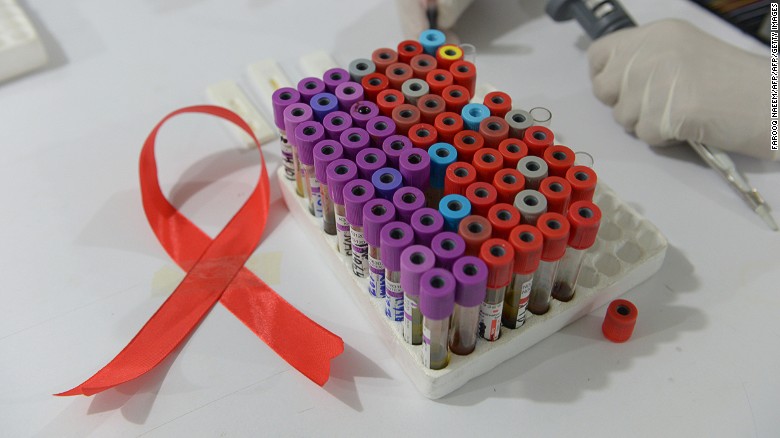When Dr. Krim passed away on January 15, the media didn't do enough to showcase her contributions in breaking that silence. I am not sure why this woman's life isn't being exemplified as well as glorified more than it is, but it is important that her story be told.
In the earlier years, most of society turned a blind eye to the health crisis that was claiming hundreds of thousands of lives annually. But Dr. Krim, who grew up in Europe during World War II, knew first-hand how silence in the face of horrific injustice can have devastating consequences.
So, when the AIDS crisis was devastating communities across our country, Dr. Krim knew she had to take action. She had a special gift for recognizing a critical life-threatening problem, and had the compassion, the knowledge and resolve to want to become the solution.
As a scientist, she understood the gravity of the AIDS virus medically (as did many), but, uniquely, she understood the social impact and dangers to our humanity. And she also quickly recognized that the greatest killer wasn't the disease itself -- it was the ugly stigma attached to anyone living with, or at risk of contracting, the AIDS virus.
I first met Dr. Krim 33 years ago, and soon found myself collaborating with her on a series of public awareness campaigns. The goal of these campaigns was to remind people of the looming threat of this global pandemic, which included holding leaders accountable while promoting empathy and compassion for people living with AIDS.
I fondly remember one public awareness campaign we launched in 1996 that challenged the notion that AIDS wasn't everyone's problem.
We called it the "If" campaign, using slogans such as "If your mother had AIDS, you'd have more to worry about than flowers on Mother's Day" or "If the President had AIDS, he'd have to worry about more than your vote."
The most controversial of which was: "If the Pope had AIDS, he'd have more to worry about than your prayers."
Most people were urging me not to run it. It sounded too controversial, and likely to upset religious constituents. But Dr. Krim knew that we should find a way to share it, even if we didn't run it as an ad. So at the press conference to introduce the pending campaign, after showing the ads that would be running, I shared the one we decided not to run.
Not surprisingly, the ad we "weren't going to run" was noticed by people who wouldn't have heard the story otherwise. Even though it never appeared on a billboard, that slogan got more media coverage than the entire rest of the campaign combined.
That's just one example of her leadership. For years, I watched in awe as she demanded changes in public policy and appealed for funding of critical research. She was as comfortable commanding a hearing in Washington, D.C. as she was convening scientists in a laboratory at Sloan Kettering or elsewhere.
So when my dear friend Dr. Krim asked me to succeed her as chair of the board of directors at amfAR 13 years ago, I asked, "Why me?" I was not a doctor or a scientist, or even a public health expert. I made it clear to her that I also had a day job. I was not the obvious choice.
She made it clear to me that none of that mattered. One thing I learned early on from Dr. Krim is that she often took the path least traveled, and that she would rarely accept no for an answer.
And so, I accepted with the condition that if I agreed to "step up" that she would commit to not "step away." She didn't -- and stayed active in the fight to find a cure for AIDS until the very end.
Dr. Krim influenced countless scientists, activists, philanthropists, and at least one fashion designer that I know of. She made the world a safer, healthier and more tolerant place -- but there is more work for us to do to end the stigma and find a cure.
My mentor passed away at the age of 91. While she didn't live to see a cure for AIDS, because of all that she did, most of us alive today probably will. And the magnitude of that should never be forgotten.
From everything I know from my day job in the footwear industry, one thing is clear:
Mathilde Krim was a short woman, but she leaves enormous shoes behind for us all to fill.




